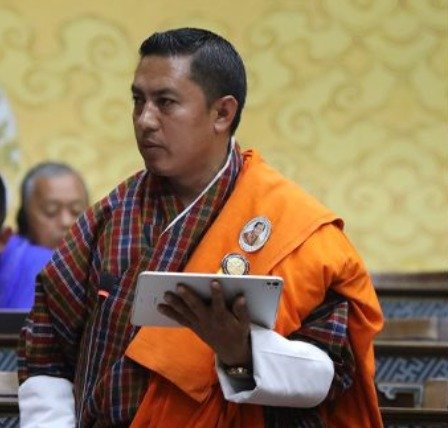
With plans to sell carbon credits to Singapore in the upcoming seven months, Bhutan is setting the standard for carbon trading. Bhutan is one of the top ten nations in the world prepared to put Article 6 of the Paris Agreement into effect, which will assist nations in achieving their climate targets. In order to increase the sales of carbon credits, Bhutan is also looking at signing partnerships with other countries. Under Article 6.2, which deals with direct carbon trading between nations, Singapore is the first nation to negotiate a deal to buy carbon credits from Bhutan. The two nations concluded technical talks on the agreement at COP29 this year. By the end of the next year, DECC hopes to have nine major project categories approved by the NEC to be registered under the carbon market.
Usually, certified projects that adhere to international criteria are used to sell carbon credits. To sell forest sequestration as carbon credits, forest initiatives must be registered as afforestation or reforestation. Two procedures listed in Article 6 allow Bhutan to trade carbon credits. The Global Adaptation Fund, which assists in financing global adaptation initiatives in vulnerable areas, receives 5% of the revenues from the sale of carbon credits under the terms of the Paris Agreement. While Least Developed Countries and Small Island Developing States are free from this obligation, Bhutan is required to contribute to this fund as a developing nation.



